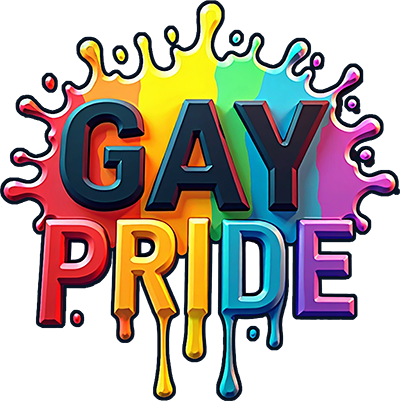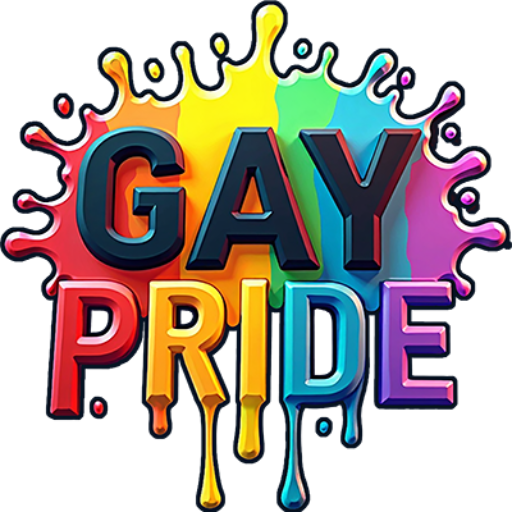Combating Stereotypes: The Reality of Being LGBTQ 🌈
In today’s world, understanding and embracing diversity is more important than ever. The LGBTQ community, like any other, is multifaceted and deeply human. However, stereotypes often cloud the reality of being LGBTQ. This blog post aims to dismantle these misconceptions by shedding light on the true experiences and challenges faced by LGBTQ individuals.
Table of Contents
1. Introduction: Breaking Down Barriers
2. Stereotypes and Their Impact
3. The Diverse Spectrum of LGBTQ Identities
4. The Importance of Representation and Visibility
5. Everyday Challenges and Triumphs
6. How Allies Can Make a Difference
7. Conclusion: Embracing Authenticity
8. FAQs
Introduction: Breaking Down Barriers 🚀
Stereotypes are pervasive, often born from ignorance or misunderstanding. The LGBTQ community, unfortunately, is frequently subjected to these oversimplified and inaccurate narratives. This blog seeks to clarify what it truly means to be LGBTQ, moving beyond stereotypes to promote a more informed and empathetic perspective.
Stereotypes and Their Impact 🧠
Stereotypes about LGBTQ individuals can lead to harmful misconceptions. These include ideas that being LGBTQ is a choice, that LGBTQ people have a specific “look” or behavior, or that their lives are defined solely by their sexual or gender identity. Such stereotypes not only misrepresent LGBTQ experiences but also contribute to discrimination and marginalization.
These misconceptions can have real-world consequences, affecting mental health, social acceptance, and even employment opportunities. It’s critical to recognize the diversity within the LGBTQ community and reject these limiting stereotypes.
The Diverse Spectrum of LGBTQ Identities 🌐
The LGBTQ acronym itself denotes a wide range of identities, each with its unique experiences and challenges. From lesbian, gay, and bisexual to transgender, queer, and beyond, these identities are not monolithic. Each person navigates their journey differently, influenced by culture, geography, family, and personal beliefs.
Understanding this diversity is key to appreciating the richness of the LGBTQ community. It’s about moving beyond labels and seeing individuals for who they truly are, in all their complexity and beauty.
The Importance of Representation and Visibility 🎥
Visibility matters. Representation in media, politics, and everyday life can help dismantle stereotypes and foster inclusivity. When LGBTQ individuals see themselves reflected in stories, leadership, and role models, it validates their experiences and empowers them to live authentically.
Efforts to amplify LGBTQ voices in various spheres are crucial. This includes advocating for inclusive policies, supporting queer art and media, and encouraging diverse narratives that highlight the spectrum of LGBTQ experiences.
Everyday Challenges and Triumphs 💪
Being LGBTQ comes with its unique set of challenges, from navigating coming out to dealing with societal biases. However, it’s also about resilience, community, and pride. Many LGBTQ individuals find strength and solidarity in their communities, overcoming obstacles with courage and grace.
The triumphs are equally significant—celebrating love, asserting one’s identity, and contributing to societal change. These victories, no matter how small, are steps toward a more inclusive and accepting world.
How Allies Can Make a Difference 🤝
Allies play a crucial role in supporting the LGBTQ community. By educating themselves, challenging stereotypes, and standing up against discrimination, allies can help create safer environments for LGBTQ individuals. Simple actions, like using inclusive language and advocating for equal rights, make a significant impact.
It’s about listening, learning, and being willing to engage in difficult conversations. Allies can amplify LGBTQ voices and contribute to a culture of acceptance and respect.
Conclusion: Embracing Authenticity 🌟
Combating stereotypes involves understanding and empathy. The LGBTQ community is diverse and vibrant, with stories that deserve to be heard and celebrated. Embracing this authenticity enriches society as a whole, fostering connections and breaking down barriers.
Let’s continue to challenge misconceptions and support a world where everyone can live openly and proudly, free from the constraints of stereotypes.
FAQs
Q1: Why is it important to discuss LGBTQ stereotypes?
A1: Discussing LGBTQ stereotypes is crucial because it helps dismantle harmful misconceptions, promotes understanding, and fosters a more inclusive society.
Q2: How can I support LGBTQ friends or family?
A2: Support can be shown by listening, using inclusive language, advocating for LGBTQ rights, and educating yourself about LGBTQ issues and history.
Q3: What does it mean to be an LGBTQ ally?
A3: Being an LGBTQ ally means supporting and standing up for LGBTQ rights, challenging discrimination, and actively promoting inclusivity and acceptance.
Q4: Are there resources to learn more about LGBTQ identities?
A4: Yes, there are many resources, including books, documentaries, and websites, that provide comprehensive information about LGBTQ identities and issues.

